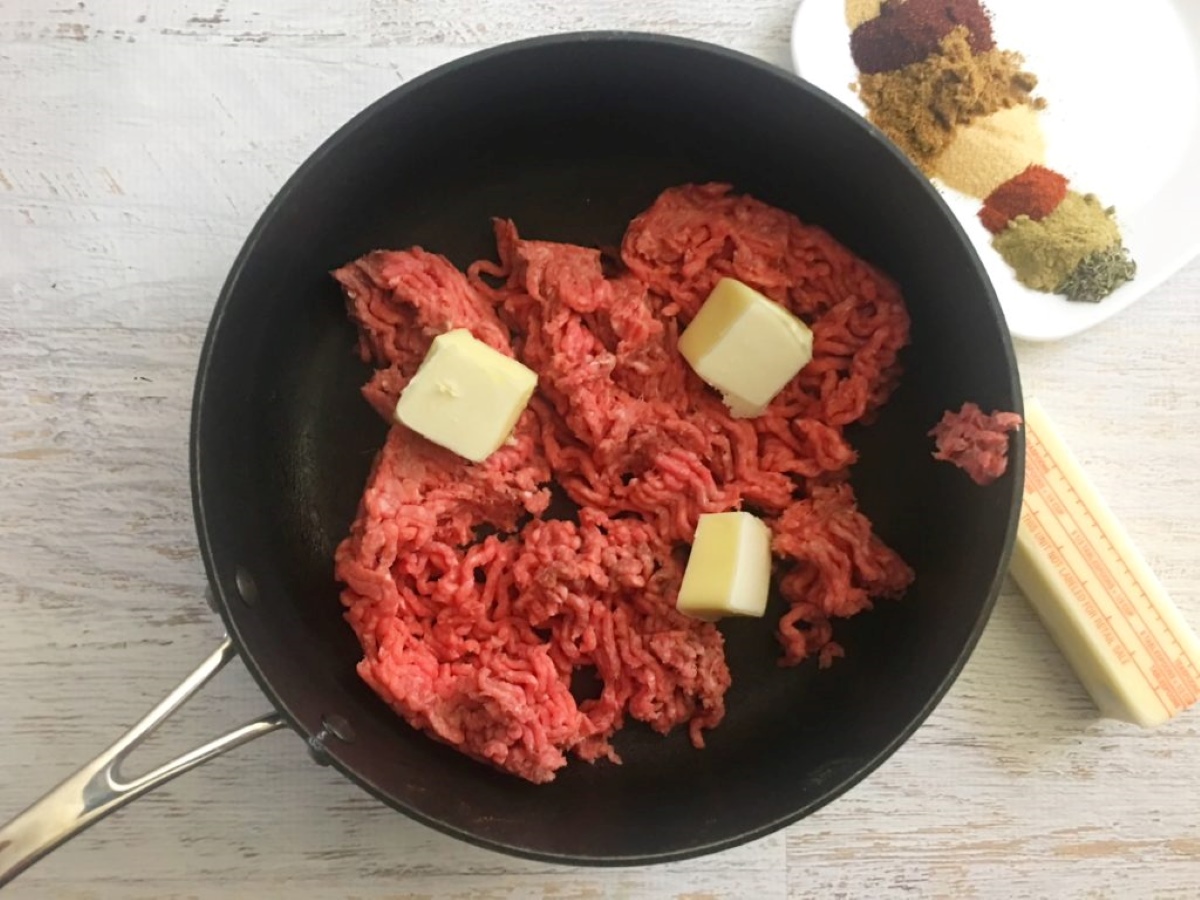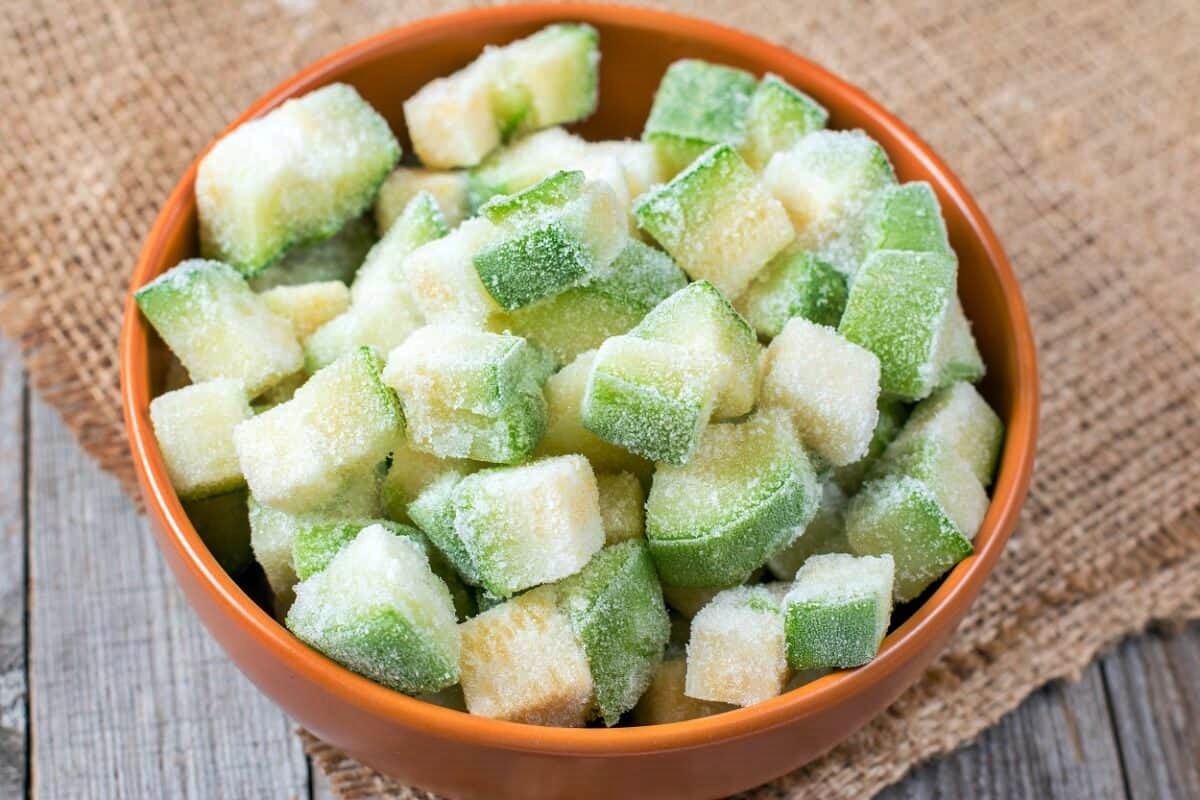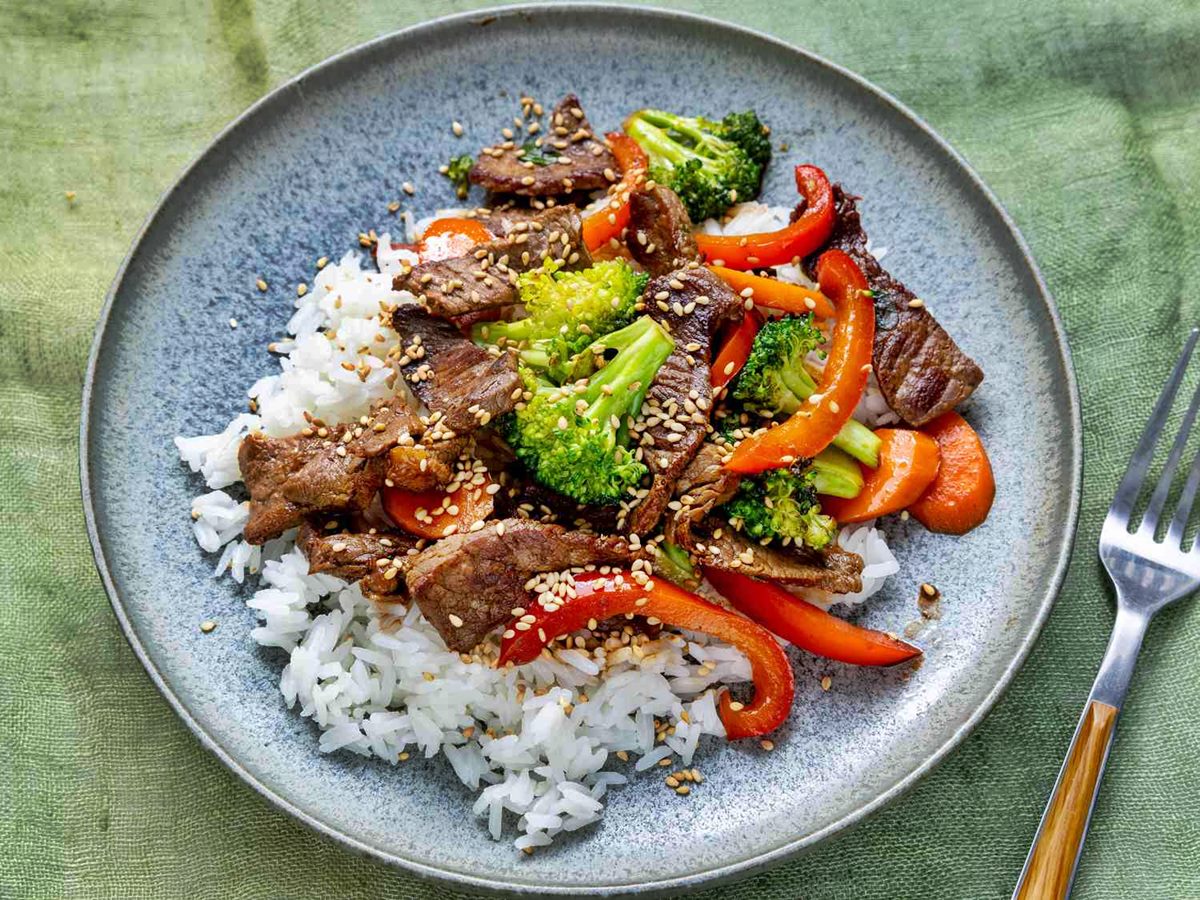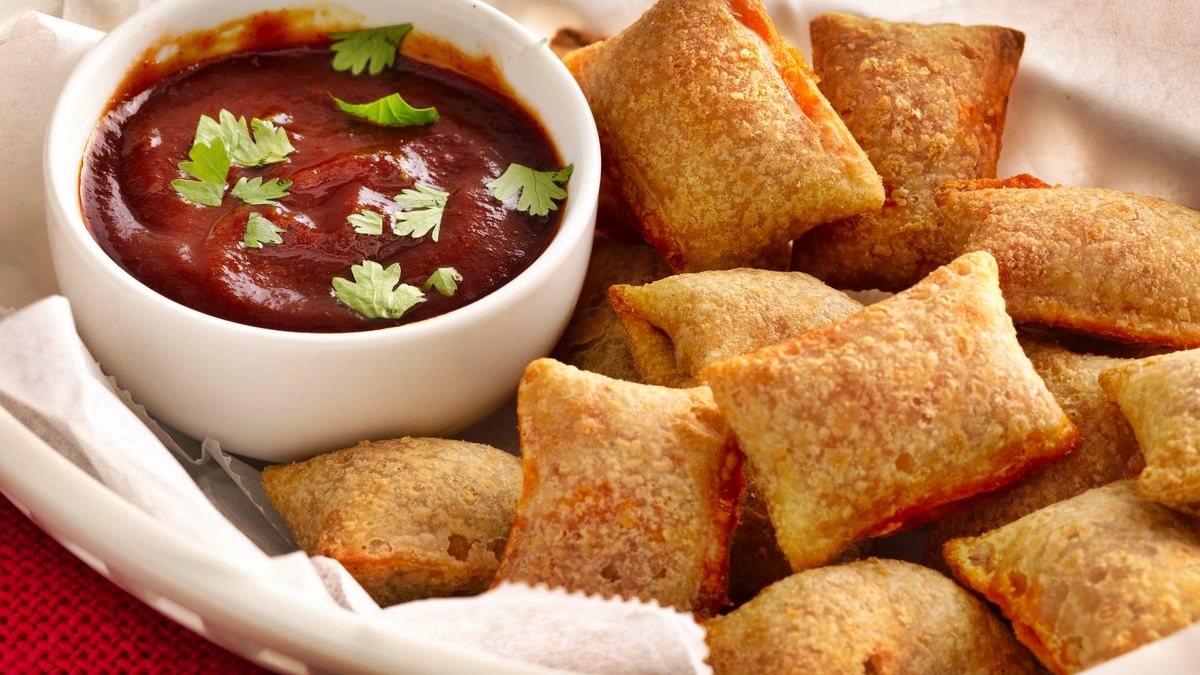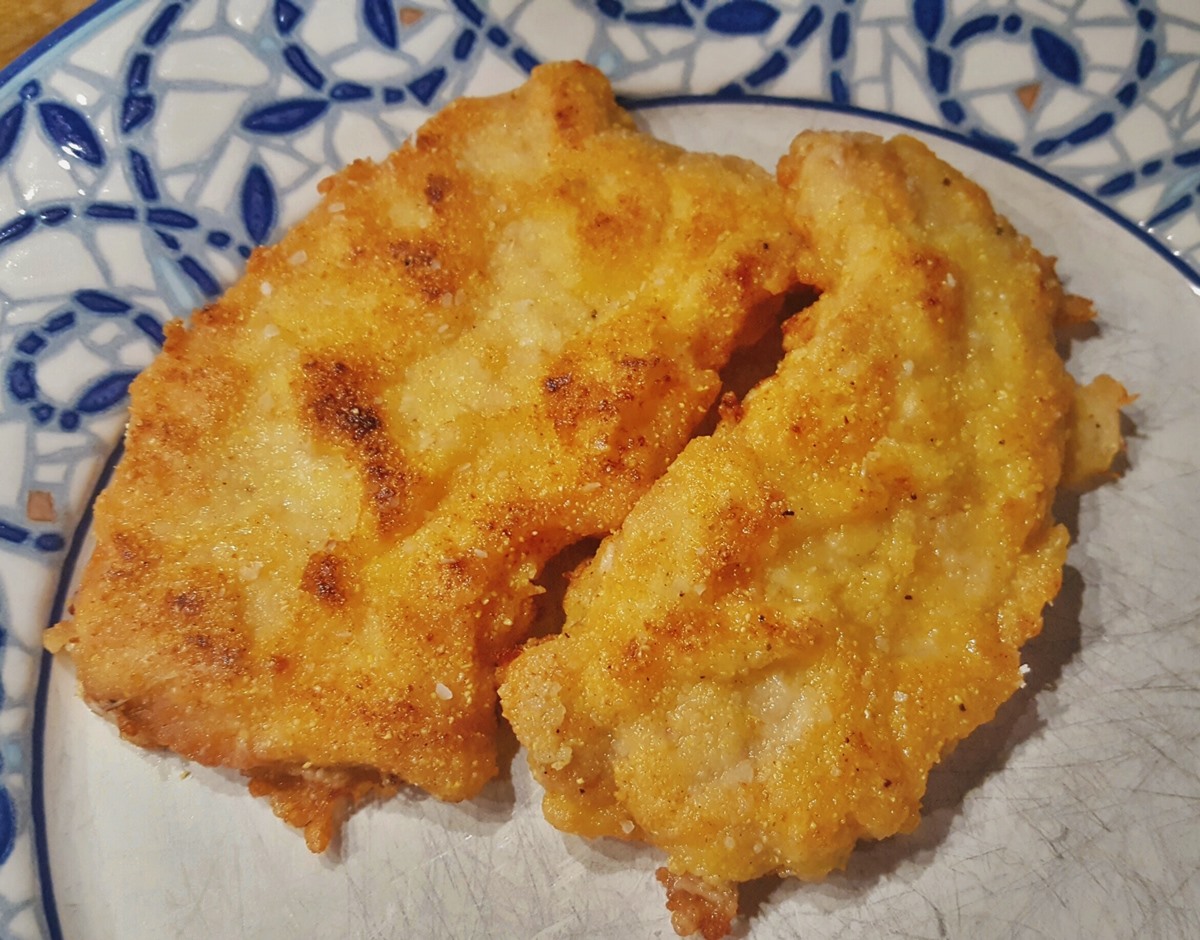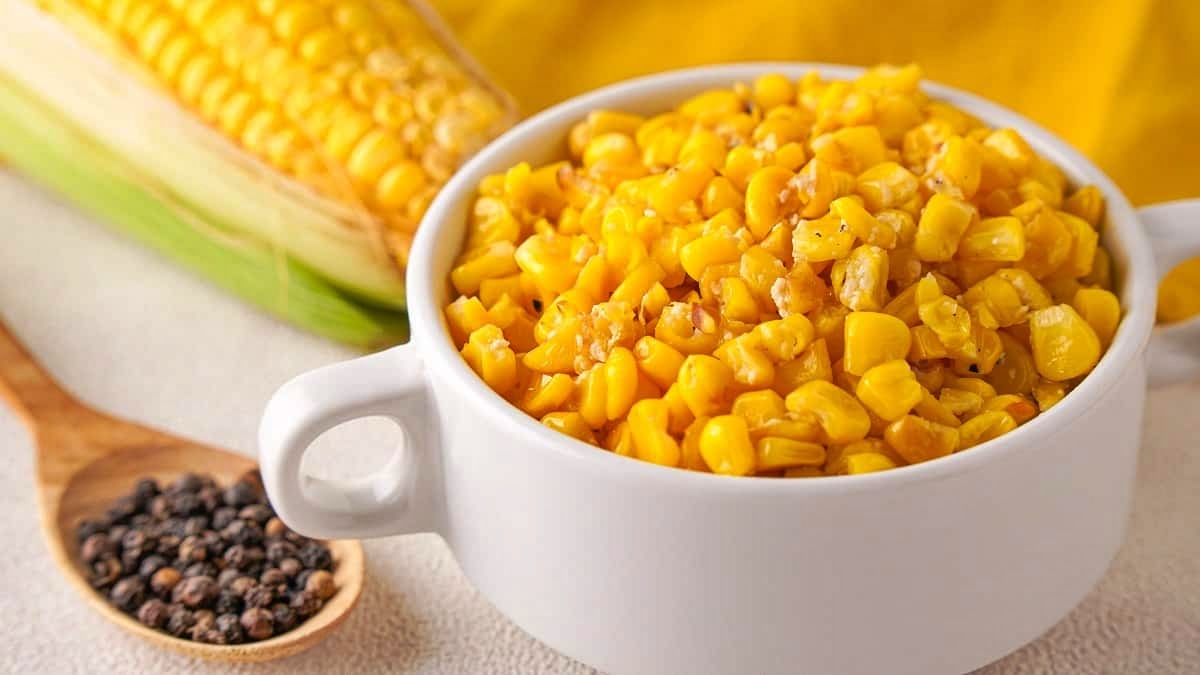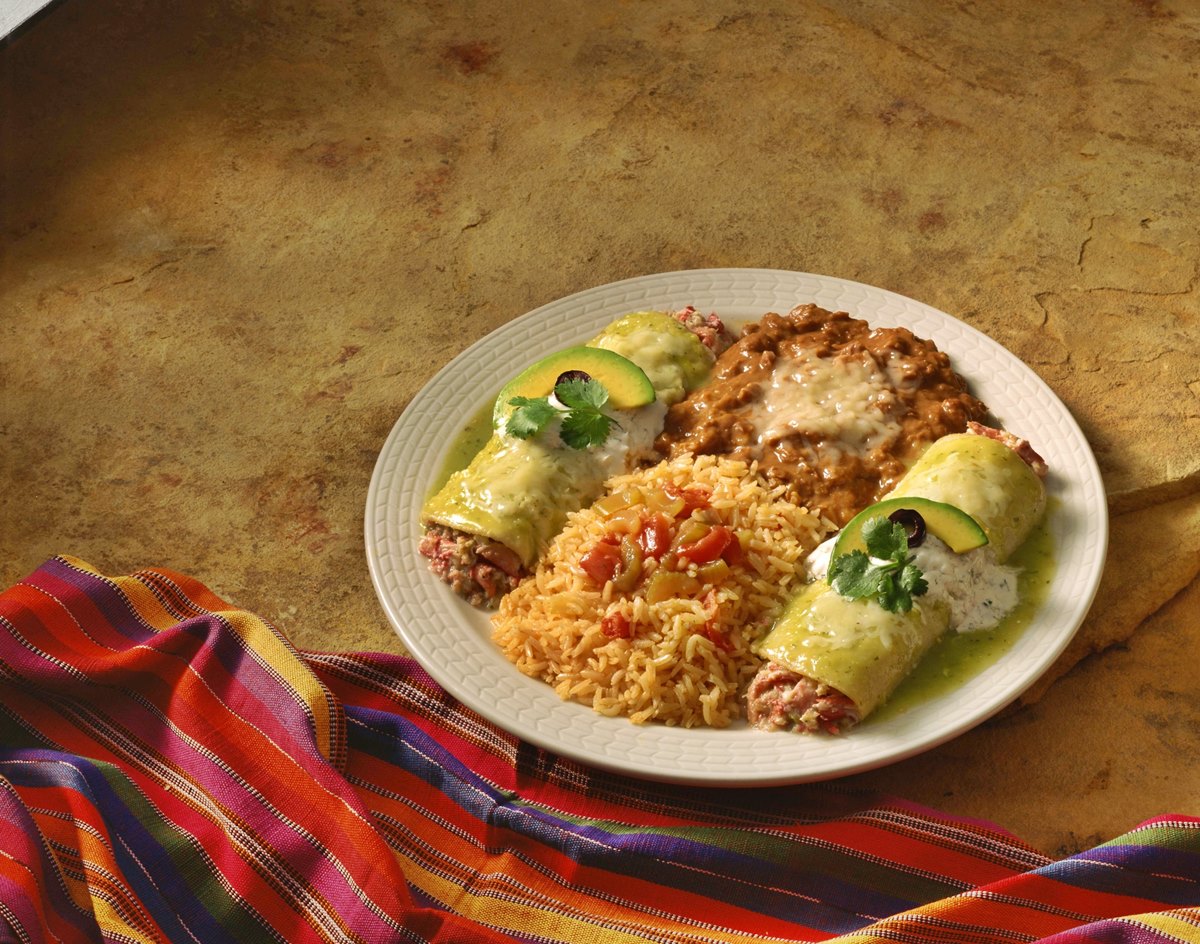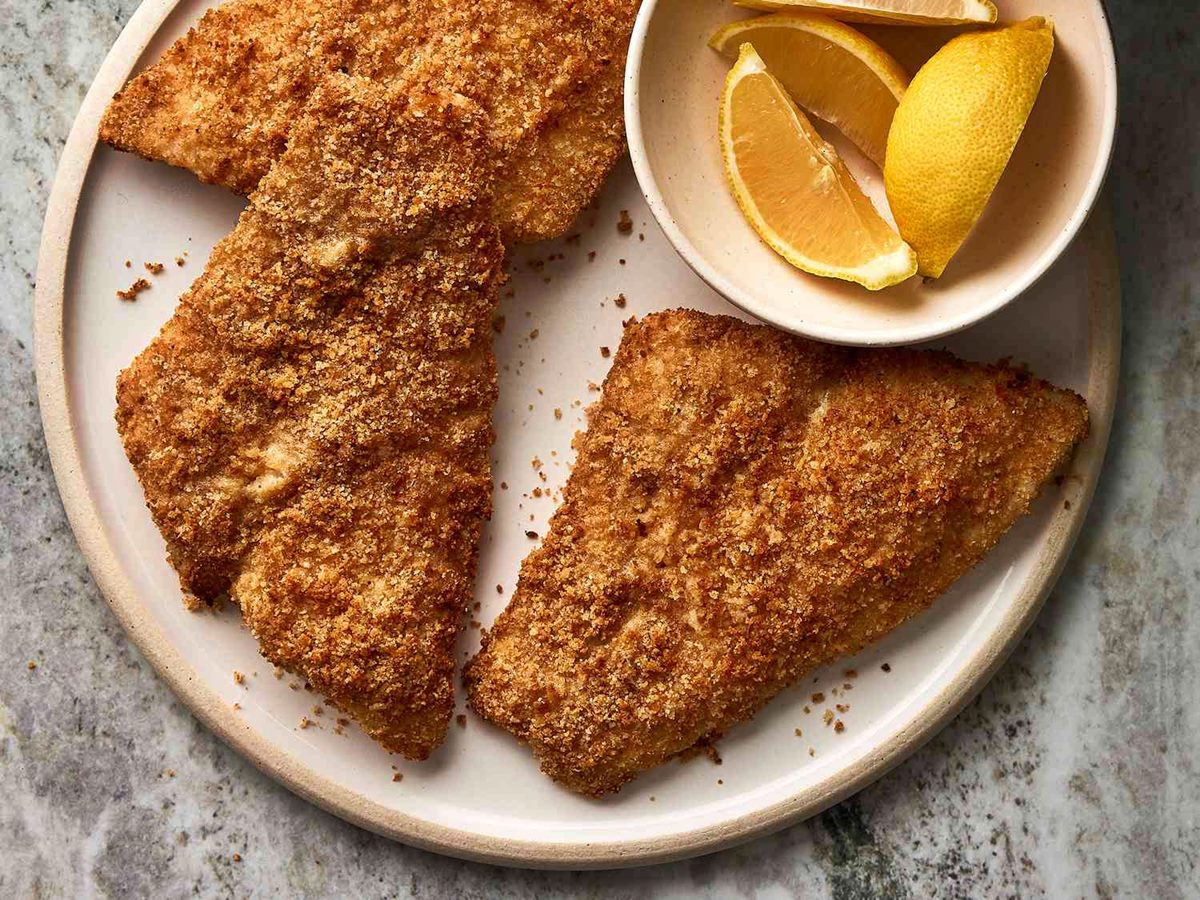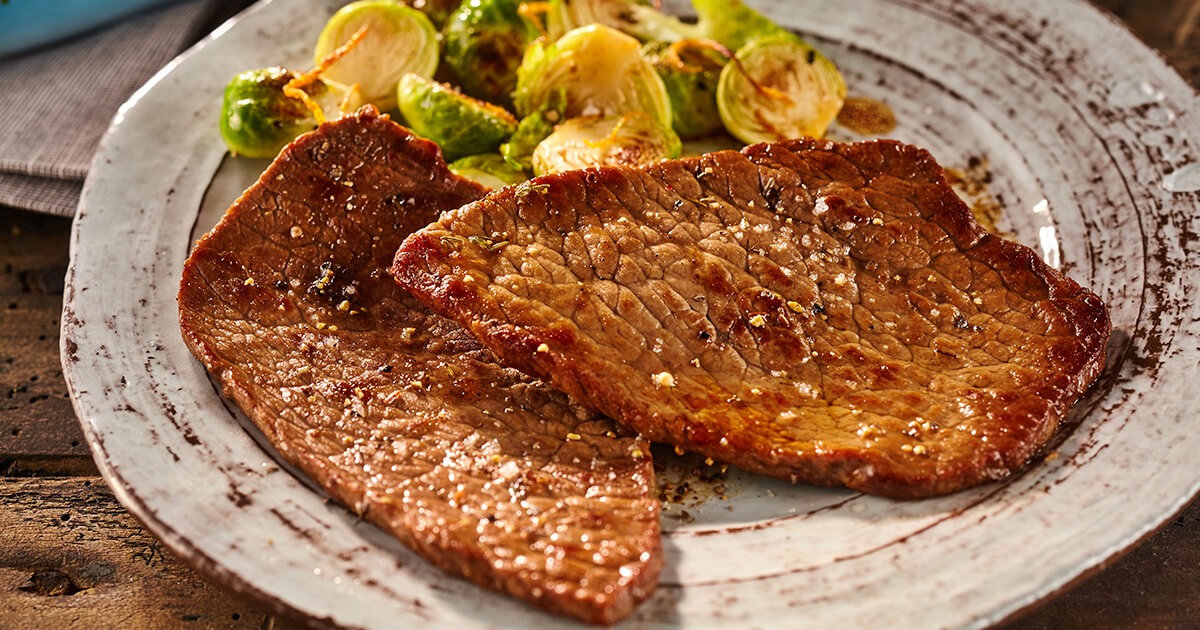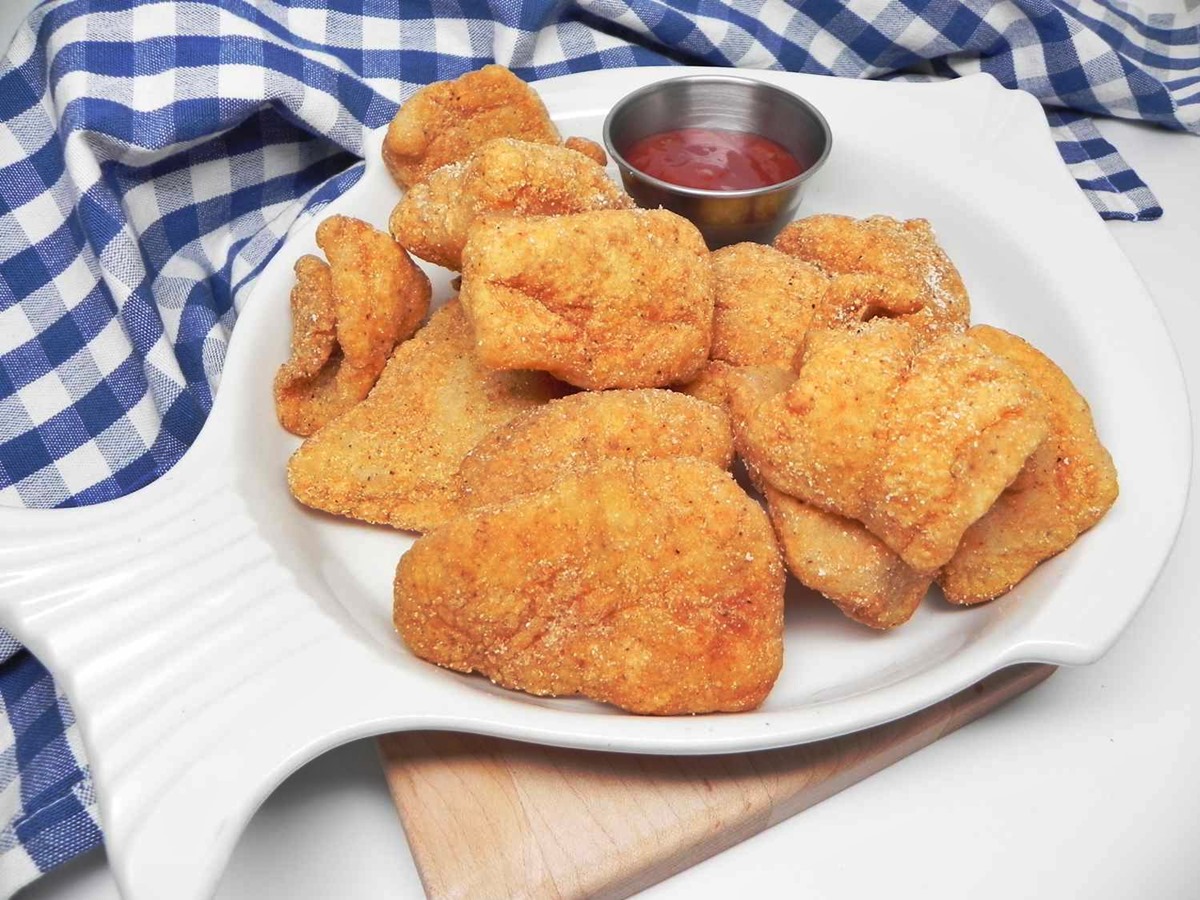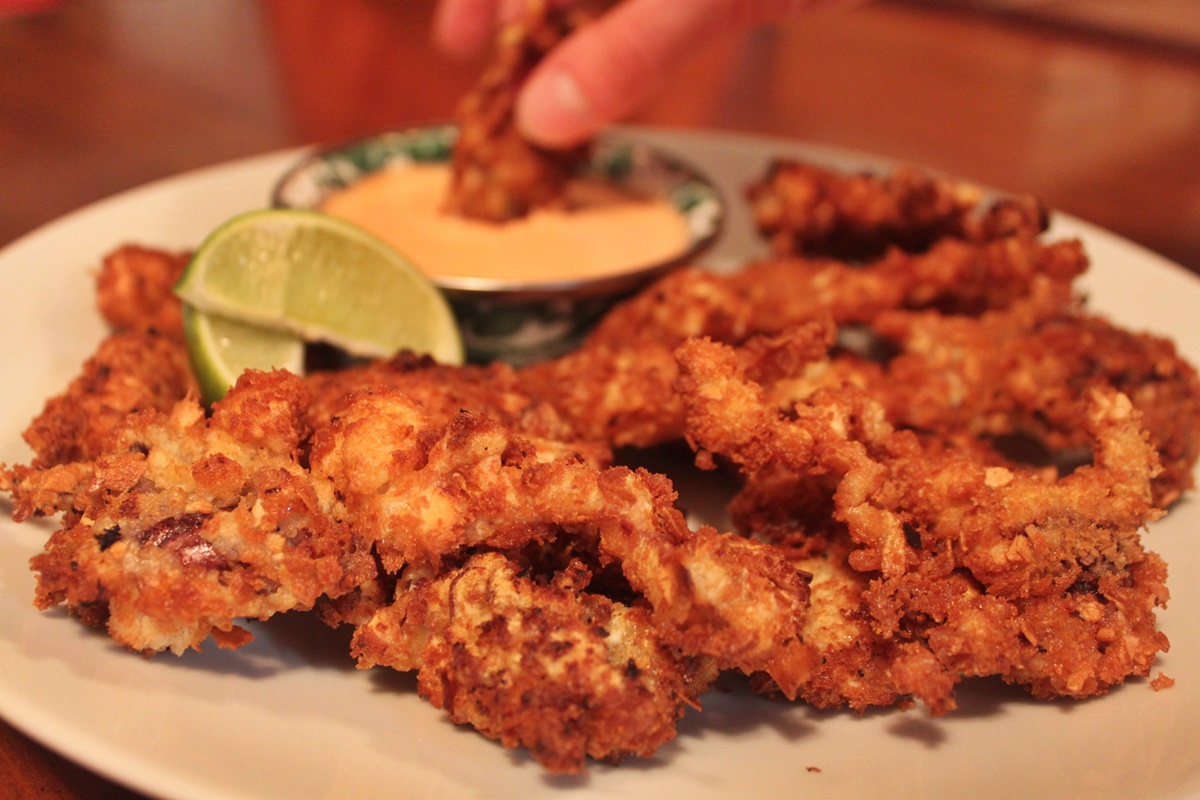How to Fry a Turkey Burger
Are you ready to take your burger game to the next level? Look no further than a juicy and flavorful turkey burger. Frying a turkey burger is a quick and delicious way to enjoy a healthier alternative to beef. In this blog post, we will guide you through the steps of frying a turkey burger to perfection.
Ingredients:
- 1 pound of ground turkey
- 1/4 cup of breadcrumbs
- 1 egg
- 1/4 teaspoon of salt
- 1/4 teaspoon of pepper
- Optional toppings: lettuce, tomato, onion, cheese
- Buns for serving
Instructions:
- In a mixing bowl, combine the ground turkey, breadcrumbs, egg, salt, and pepper. Mix gently until well combined, being careful not to overmix.
- Divide the mixture into equal-sized patties. You can shape them according to your preference; just make sure they are uniform in size so they cook evenly.
- Preheat a frying pan or skillet over medium heat. Add a drizzle of oil and swirl it around to coat the surface.
- Place the turkey burger patties in the pan, leaving enough space between them to flip them easily. Cook for approximately 4-5 minutes on each side, or until they reach an internal temperature of 165°F (74°C).
- While the burgers are cooking, prepare your desired toppings and buns. This is your chance to get creative and add a personal touch to your turkey burger!
- Once the burgers are cooked, remove them from the pan and let them rest for a few minutes. This allows the juices to redistribute, ensuring a juicy and flavorful burger.
- Assemble your turkey burgers by placing the patties on the buns and adding your favorite toppings. Feel free to melt some cheese on top for an extra indulgent twist.
- Serve your deliciously fried turkey burgers with a side of crispy fries, a fresh salad, or your preferred side dish. Get ready to savor the incredible flavors!
Tips:
- Don’t overmix the turkey burger mixture, as it can result in a tough texture. Mix it just until all the ingredients are evenly distributed.
- Cook the burgers over medium heat to ensure they cook through without getting too dry on the outside.
- Use a meat thermometer to check the internal temperature of the burgers. This ensures they are fully cooked and safe to eat.
- Feel free to experiment with seasonings and spices to add extra flavor to your turkey burgers. Consider adding herbs like rosemary or thyme, or even a dash of hot sauce for a kick.
Now that you know how to fry a turkey burger, it’s time to get cooking! This flavorful and healthier option will surely become a family favorite. Enjoy the process of customizing your burgers with different toppings and savor every bite. Happy frying!
For those looking to add a twist to their turkey burger game, there are plenty of exciting recipes to try out. The Spicy Jalapeño Turkey Burger is perfect for those who love a kick of heat, while the Mediterranean Turkey Burger with Feta and Spinach offers a fresh, herbaceous flavor. If you're a fan of creamy textures, check out the Avocado and Bacon Turkey Burger or the Greek Turkey Burger with Tzatziki Sauce. For a bold, flavorful experience, the Cajun Turkey Burger with Remoulade Sauce and Korean BBQ Turkey Burger with Kimchi are must-tries. Classic burger enthusiasts will appreciate the Classic Turkey Burger with Cheddar Cheese. Each recipe provides a unique take on the traditional turkey burger, making it easy to find one that suits your taste.
Was this page helpful?
Read Next: How To Fry Ham Slices
